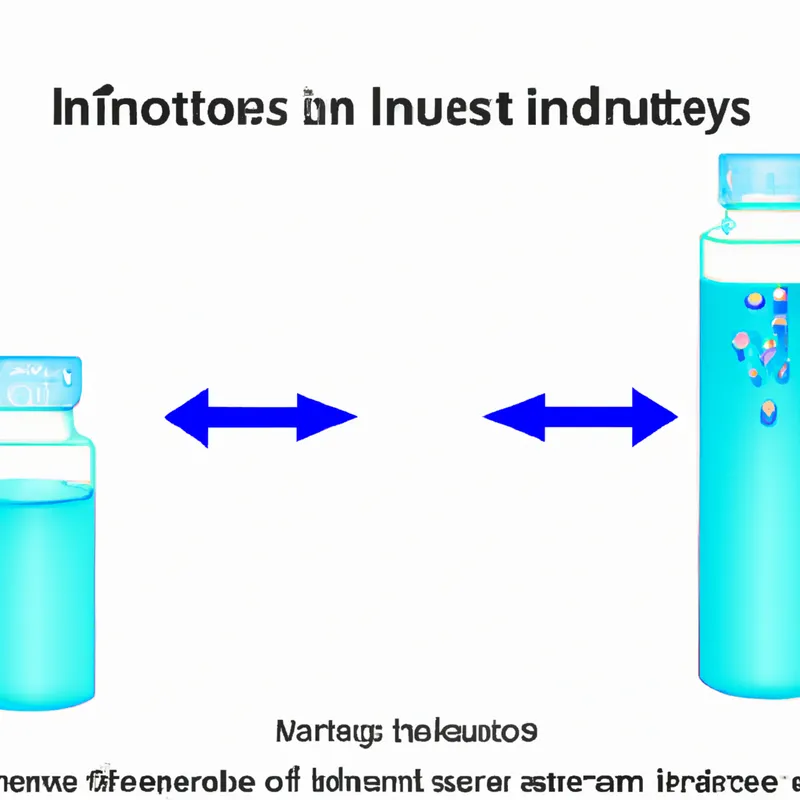Discover Hydration’s Impact on Immune Response
The Role of Hydration in Immune Function: What You Should Know
Staying hydrated supports your health and immune function. Many people overlook this crucial role. This blog explores how water affects your immune system, the physiological processes involved, and tips for staying hydrated. You will also discover the benefits of hydration and how to incorporate it into your daily routine.
How Hydration Supports Immune Function
Water constitutes about 60% of the human body and is essential for life. It supports digestion, circulation, and temperature regulation. Hydration also plays a crucial role in immune system support.
Transportation of Nutrients and Oxygen
Adequate hydration transports nutrients and oxygen to cells throughout your body. Your immune system relies on a constant supply of these components. Dehydration hinders your body’s ability to deliver necessary nutrients. This can weaken your immune response, making you more susceptible to infections.
Lymphatic System Functionality
Water supports the proper functioning of the lymphatic system, vital for immunity. The lymphatic system produces and transports lymph, which contains white blood cells. These immune cells identify and fight pathogens like bacteria and viruses. Dehydration can decline lymph production, impairing your immune response.
Detoxification
Hydration aids detoxification. Water flushes out toxins and waste through urine and sweat. A well-hydrated body eliminates harmful substances more effectively. This process becomes critical during illness, as your body needs to rid itself of pathogens.
Signs of Dehydration
Recognizing dehydration signs helps maintain optimal hydration levels. Common symptoms include:
– **Dry Mouth:** Lack of saliva causes discomfort.
– **Fatigue:** Dehydration leads to tiredness and lethargy.
– **Dizziness or Lightheadedness:** Insufficient fluids decrease blood volume.
– **Headaches:** Dehydration often triggers headaches and migraines.
– **Dark Yellow Urine:** Dark urine signals a need for more water.
If you notice these signs, increase your fluid intake. You may not realize you are dehydrated, especially in colder months. Make it a habit to drink water regularly.
Conclusion
Hydration plays a vital role in immune function. Stay aware of your hydration levels to support your overall health.
Below are related products based on this post:
FAQ
How does hydration impact my immune system?
Hydration is essential for supporting immune function as it facilitates the transportation of nutrients and oxygen to cells, which are crucial for a robust immune response. Adequate water intake helps maintain the functionality of the lymphatic system, which produces and transports white blood cells that fight off pathogens.
What are the signs of dehydration I should look for?
Common signs of dehydration include dry mouth, fatigue, dizziness or lightheadedness, headaches, and dark yellow urine. Recognizing these symptoms can help you increase your fluid intake and maintain optimal hydration levels.
What are some tips for staying hydrated throughout the day?
To stay hydrated, make it a habit to drink water regularly, even if you don’t feel thirsty. Carry a water bottle with you, set reminders to drink, and incorporate hydrating foods like fruits and vegetables into your diet. This will help ensure you maintain adequate hydration and support your immune function.















Post Comment